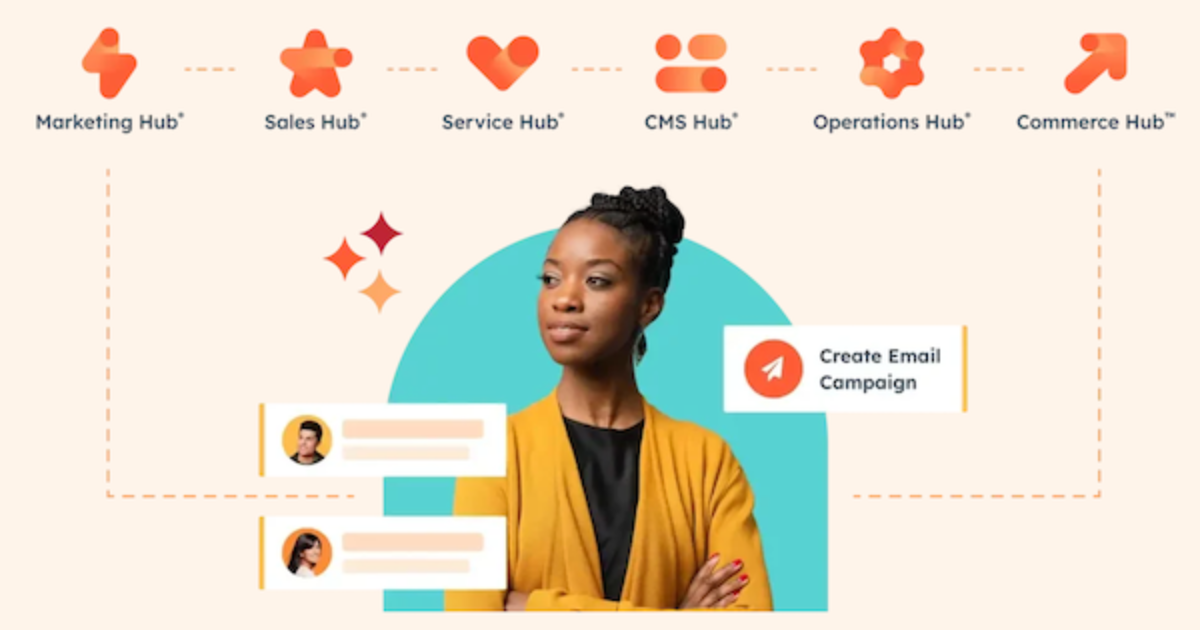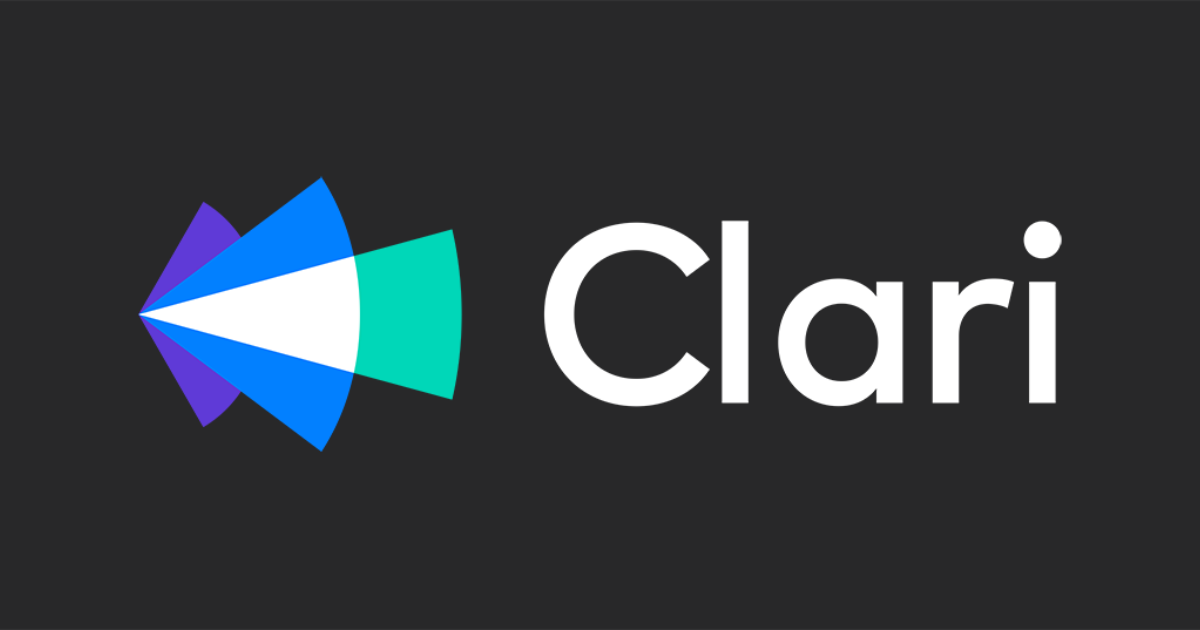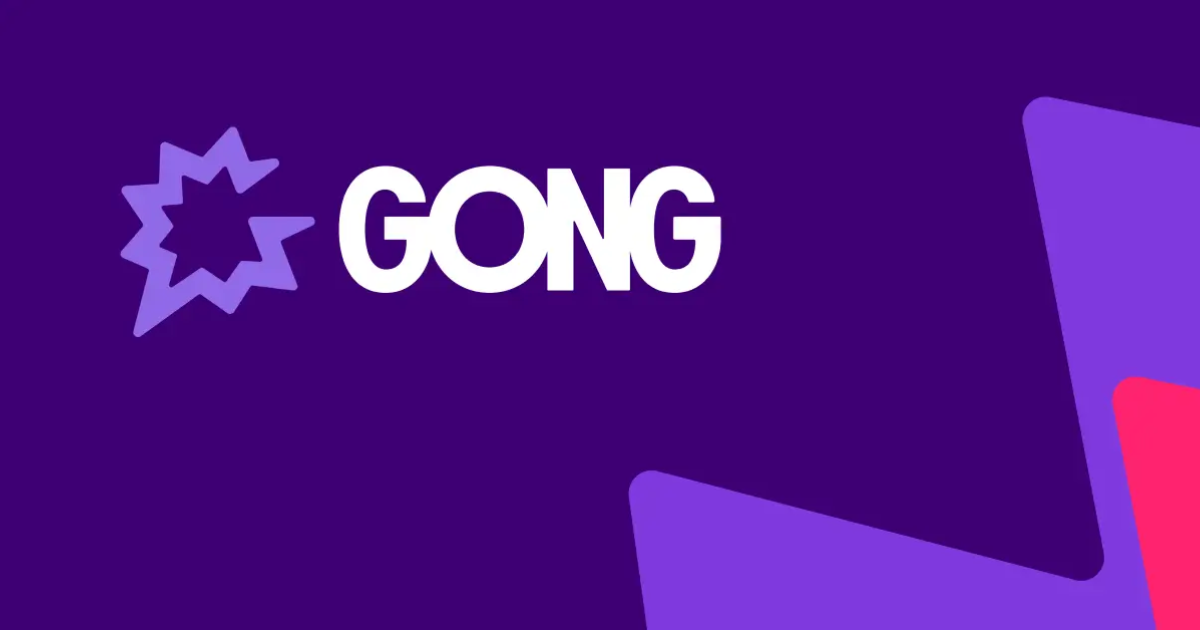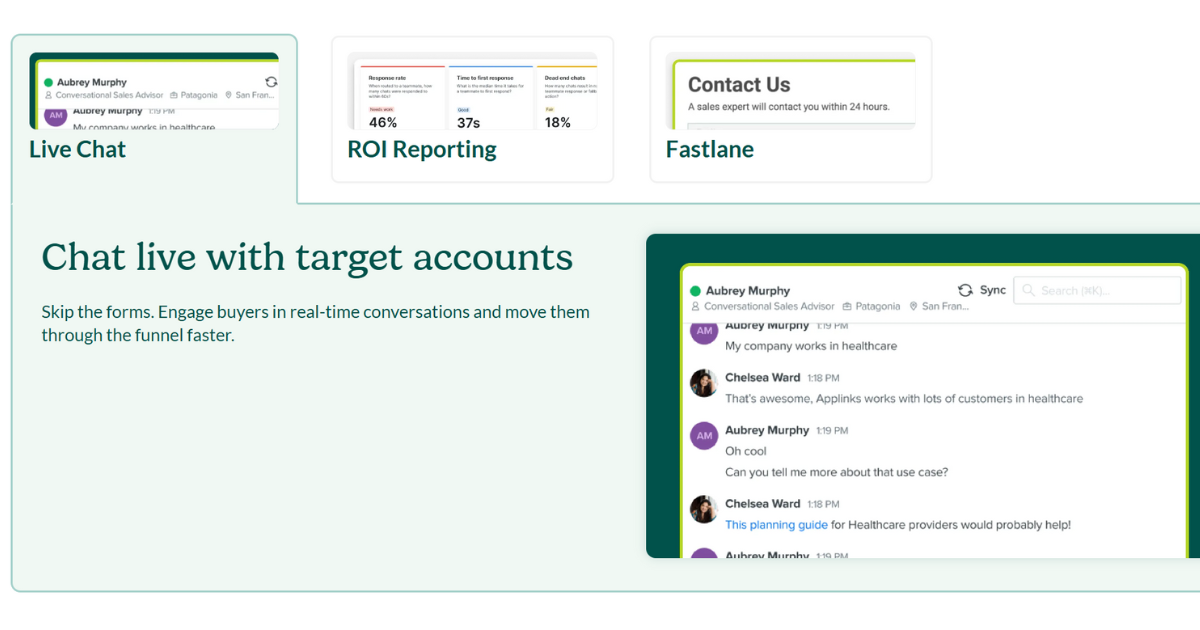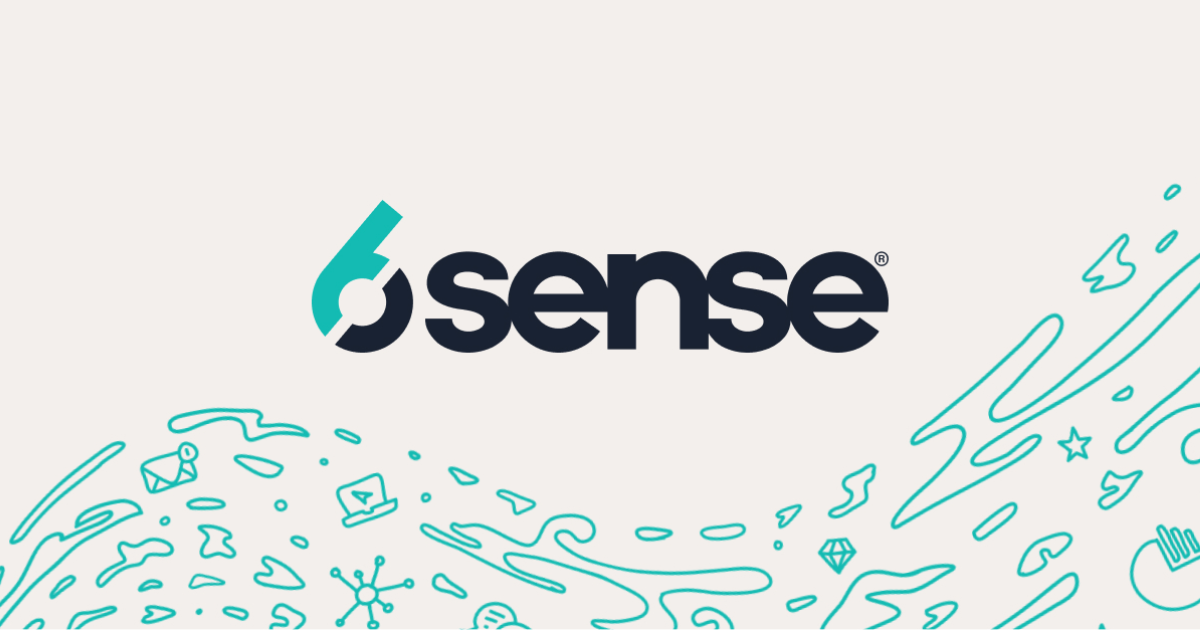Top AI Sales Platforms in 2025: Trends and Recommendations
March 6, 2025

In today's fast-paced business environment, AI sales platforms have emerged as indispensable tools for enhancing sales efficiency and driving revenue growth. These platforms leverage advanced technologies like machine learning and natural language processing to automate tasks, provide predictive insights, and personalize customer interactions. By integrating AI into their sales strategies, businesses can streamline processes, improve forecasting accuracy, and enhance customer satisfaction.
AI sales platforms are particularly useful for businesses seeking to optimize their sales operations, whether they are small startups or large enterprises. They offer a range of benefits, from automating routine tasks to providing actionable insights that guide strategic decisions. For sales teams, these platforms can significantly reduce the time spent on manual tasks, allowing them to focus on high-value activities such as building relationships and closing deals.
Best AI Platforms for Sales
Here are some of the top AI sales platforms:
- Salesforce Einstein
Offers predictive lead scoring and AI-powered email automation to enhance sales forecasting and automate data capture.
- HubSpot Sales Hub
Streamlines sales workflows and provides a holistic view of buyers, integrating sales and marketing efforts seamlessly.
- Clari
Focuses on revenue forecasting and pipeline optimization, reducing revenue leakage and enhancing productivity.
- Gong.io
Provides conversation intelligence and AI-generated meeting summaries to analyze sales interactions and improve strategies.
- Drift
Utilizes conversational AI for lead qualification and engagement, accelerating sales cycles and enhancing customer experiences.
- 6Sense
Offers AI-powered sales intelligence and intent data analysis to identify high-potential leads and optimize sales outreach.
Different types of businesses can benefit significantly from AI sales platforms, depending on their specific needs and goals. For instance, B2B sales teams are likely to derive substantial value from platforms like 6Sense and Gong.io. These tools specialize in analyzing intent data and providing insights from sales conversations, which are crucial for targeted prospecting and optimizing sales strategies. By leveraging these platforms, B2B teams can identify high-potential leads more effectively and tailor their outreach efforts to resonate with these prospects.
Enterprise businesses, on the other hand, often require robust solutions that can integrate seamlessly with their existing systems. Platforms such as Salesforce and HubSpot are well-suited for large-scale operations, offering comprehensive features that streamline sales workflows and enhance collaboration between sales and marketing teams. These platforms help enterprises optimize their sales processes, improve forecasting accuracy, and drive revenue growth by leveraging AI-driven insights.
For small to medium-sized businesses, platforms like Drift can be particularly beneficial. Drift's conversational AI capabilities help automate tasks and improve sales efficiency without requiring extensive resources. This is especially important for smaller businesses, which often face challenges in scaling their sales operations due to limited personnel and budget constraints. By automating routine tasks and personalizing customer interactions, these businesses can enhance their sales performance and compete more effectively in the market.
AI Implementation
Several large companies have successfully implemented AI to drive revenue growth. For example, Amazon uses AI to recommend products to users based on their browsing and purchase history, significantly increasing cross-selling and upselling opportunities. Sephora has implemented AI through its Virtual Artist tool, allowing customers to try makeup virtually and receive personalized beauty advice, which has led to increased customer engagement and sales. Additionally, Netflix employs AI algorithms to recommend shows and movies based on user viewing history, enhancing customer satisfaction and reducing churn.
Moreover, companies that use AI consistently report higher revenue growth. According to a recent report, organizations using AI experienced 29% higher sales growth compared to their peers. Tech-savvy companies generate on average 30% of their revenue from AI capabilities. This demonstrates the potential of AI to significantly impact revenue and drive business success.
Tendencies in AI Sales Platforms
As AI sales platforms continue to evolve, several key trends are expected to shape their development and adoption in 2025. One of the most significant trends is the increased integration of AI features. Platforms will likely incorporate more advanced AI capabilities to provide deeper insights and automation. This could include enhanced predictive analytics, more sophisticated chatbots, and AI-driven content generation to personalize customer interactions further. By integrating these advanced AI features, businesses can gain more actionable insights, automate complex tasks, and create highly personalized customer experiences that drive higher conversion rates.
Another trend is enhanced personalization. AI will play a crucial role in creating highly tailored customer experiences, leveraging data from various sources to understand customer preferences and behaviors. This personalization will not only improve customer satisfaction but also enhance sales effectiveness by ensuring that outreach efforts resonate with potential buyers. As AI continues to advance, it will enable businesses to craft messages and offers that are precisely aligned with individual customer needs, leading to more successful sales interactions.
Finally, there will be a greater focus on data privacy. As AI sales platforms handle vast amounts of customer data, ensuring robust data protection and compliance with regulations like GDPR will become a priority. Businesses will need to ensure that their AI systems are designed with privacy in mind, using secure data handling practices and transparent data governance policies. This focus on privacy will not only protect customer trust but also help businesses avoid potential legal and reputational risks associated with data breaches or non-compliance.
In conclusion, AI sales platforms have emerged as transformative tools in the sales landscape, offering businesses a powerful means to enhance efficiency, drive revenue growth, and personalize customer interactions. By leveraging these platforms, companies can automate routine tasks, gain actionable insights from data, and tailor their sales strategies to resonate with potential buyers more effectively.
The diversity of AI sales platforms ensures that businesses of all sizes and types can find solutions tailored to their specific needs. Whether it's Salesforce for large-scale operations, Drift for conversational AI, or 6Sense for intent data analysis, each platform offers unique benefits that can significantly impact sales performance.
As we look ahead to 2025, the trends in AI sales platforms suggest a future where these tools become even more integral to business operations. The integration of advanced AI features, enhanced personalization, and a focus on data privacy will continue to shape the development of these platforms. By embracing these trends and leveraging AI sales platforms effectively, businesses can position themselves for success in an increasingly competitive market.
Ultimately, the key to maximizing the potential of AI sales platforms lies in understanding their capabilities and aligning them with specific business goals. By doing so, companies can unlock new opportunities for growth, improve customer satisfaction, and establish a strong foundation for long-term success in the evolving sales landscape. As AI technology continues to evolve, it's clear that these platforms will play a pivotal role in shaping the future of sales and customer engagement.
